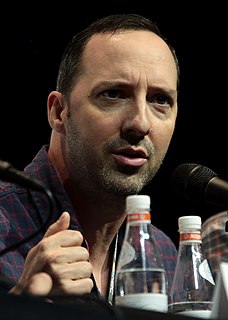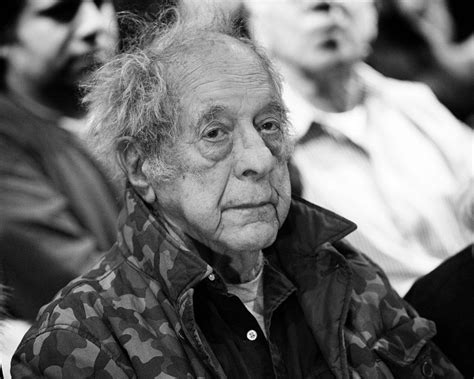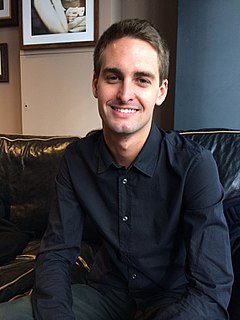A Quote by Laura van den Berg
I think where a writer falls on the realism/non-realism continuum has a lot to do with their sight, as in, 'This is how I see the world.' And it seems my sight is off-kilter and kind of strange, but I come by that naturally; I'm not consciously pushing toward a particular point on the continuum.
Related Quotes
Depression presents itself as a realism regarding the rottenness of the world in general and the rottenness of your life in particular. But the realism is merely a mask for depression's actual essence, which is an overwhelming estrangement from humanity. The more persuaded you are of your unique access to the rottenness, the more afraid you become of engaging with the world; and the less you engage with the world, the more perfidiously happy-faced the rest of humanity seems for continuing to engage with it.
I have always lived in a world in which I'm just a spot in history. My life is not the important point. I'm just part of the continuum, and that continuum, to me, is a marvelous thing. The history of life, and the history of the planet, should go on and on and on and on. I cannot conceive of anything in the universe that has more meaning than that.
Like Woody Allen actually does this a lot in his movies, its kind of called magical realism where he has just kind of an everyday, these kind of everyday experiences and all the sudden something magical or supernatural will come into to and I just, I love that and I think everybody can kind of - everybody wants that at some point in their life.
Well, I really want to encourage a kind of fantasy, a kind of magic. I love the term magic realism, whoever invented it – I do actually like it because it says certain things. It's about expanding how you see the world. I think we live in an age where we're just hammered, hammered to think this is what the world is. Television's saying, everything's saying 'That's the world.' And it's not the world. The world is a million possible things.
There is a popular superstition that "realism" asserts itself in the cataloguing of a great number of material objects, in explaining mechanical processes, the methods of operating manufactories and trades, and in minutely and unsparingly describing physical sensations. But is not realism, more than it is anything else, an attitude of mind on the part of the writer toward his material, a vague indication of the sympathy and candour with which he accepts, rather than chooses, his theme?






































